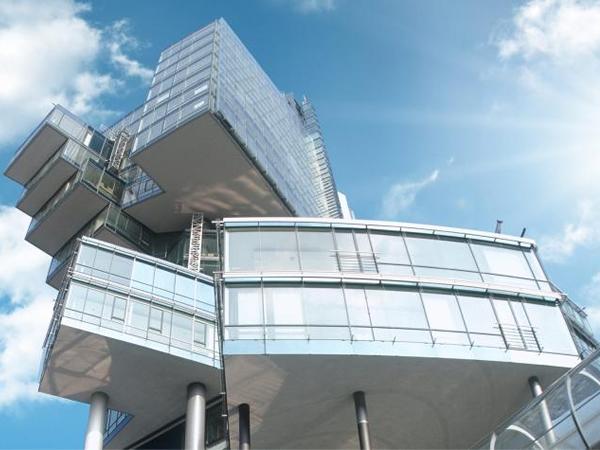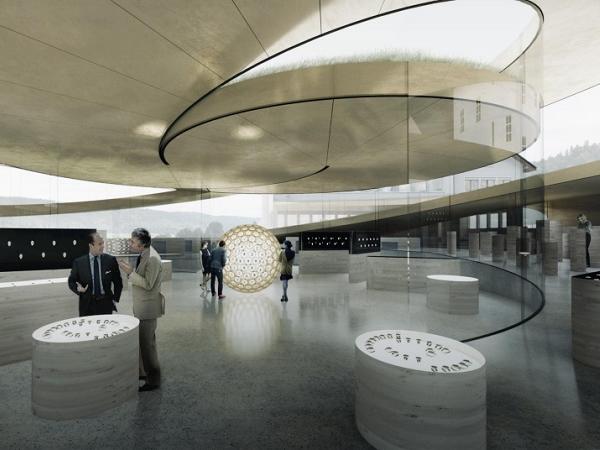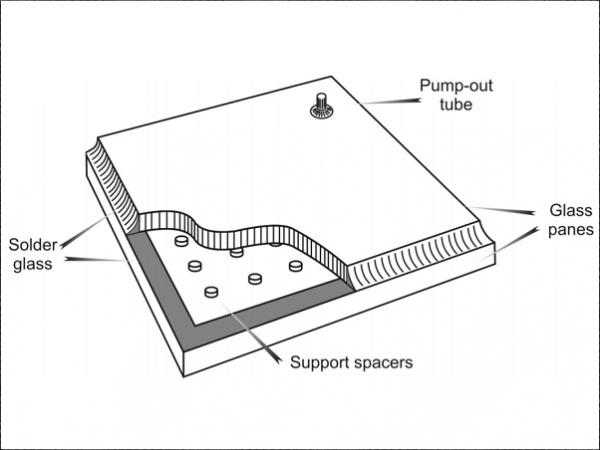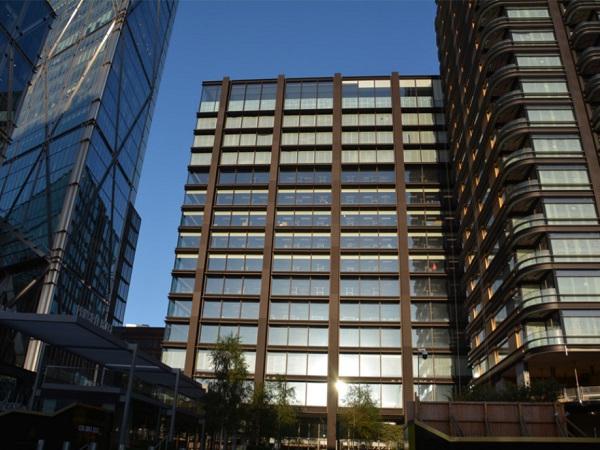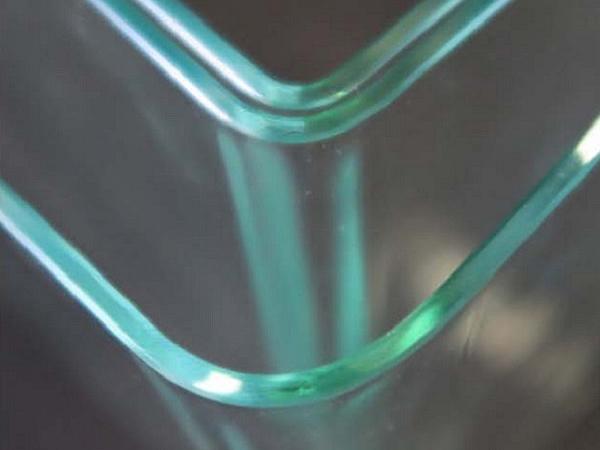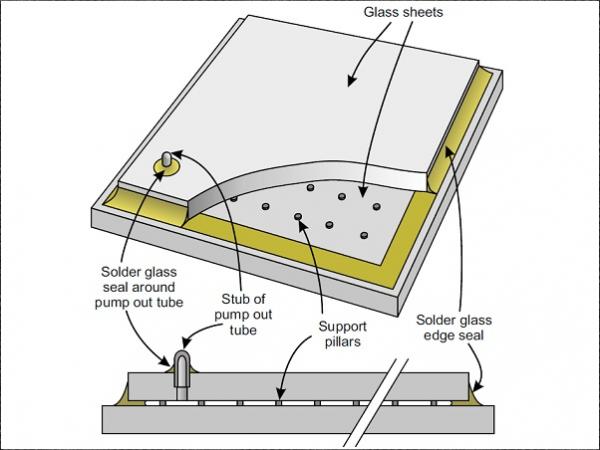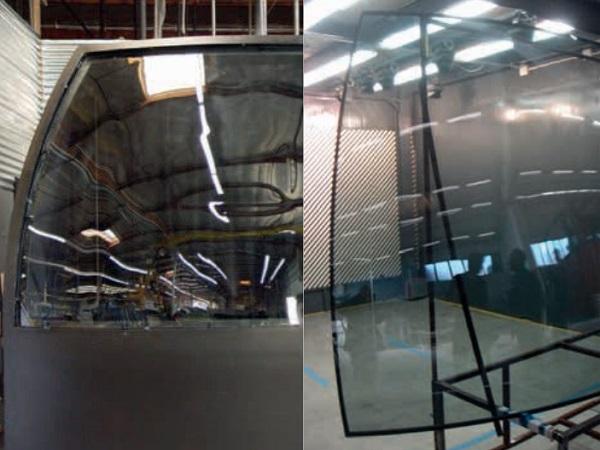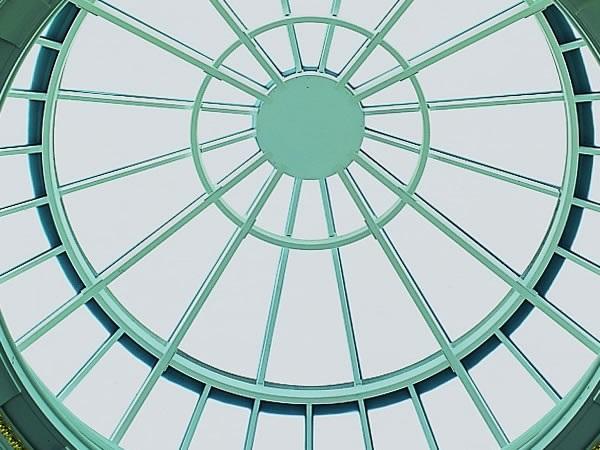Others also read
| Vacuum Insulated Glazing (VIG) is a highly thermally insulating transparent flat panel that is constructed from two glass panes, separated by an evacuated sub-millimeter gap, and hermetically sealed around its perimeter.
| The vacuum insulating glazing (VIG) is a highly thermally insulating window technology that is thin in profile and light weight.
| The performance of the glazed sections of the facade is essential for providing the maximum possible comfort for the building occupants, while minimizing the energy and resource demands of the building.
| Glass type, coating types and locations, shading patterns and devices... there are multiple factors that can contribute to a thermal stress break.
| Today, when energy efficiency is more important than ever, it’s a good time to speak about insulating glass spacers.
| Façade transparency is becoming an increasingly significant design factor for both client and architect, which has aesthetic and comfort implications.
| Insulating glass has been used around the world in applications ranging from family homes to high-scale construction.
| Are you considering adding insulating glass products to your production mix? Or are you thinking of reconfiguring your current equipment to deliver new and better services to your customers?
| The museum “La Maison des Fondateurs” in Le Brassus, Switzerland will represent the watch making manufacture Audemars Piguet. Audemars Piguet stands for the finest quality, precision as well as innovation based on traditional watchmaking expertise and craftsmanship.
| The Vacuum Insulated Glazing (VIG) is a unique thermally insulating window technology that can provide significant advantages over the conventional insulating units.
| The Vacuum Insulating Glazing (VIG) is a highly thermally insulating window technology that outperforms existing insulating technologies.
| The combination of the double-skin concept with unitized systems made current typologies of double glazed units possible.
| The need for higher transparency in façades has led to the development of jumbosized glass. Until now, the almost jointless appearance of large-scale glazing could only be reached with laminated safety glass.
| Three-dimensional formed glass products, manufactured from flat glass, are experiencing rapidly growing demand.
| Curved insulated glass units formed by tempered bending or annealed slumped bending offer a bold expression of architectural design with transparency and energy efficiency.
| In the constant search for original designs that truly push the limits, many building projects in the Middle East have been driving global innovation in engineering and façade design.
| In the following we’ll be limiting ourselves to the production of single pieces and small jobs of identical pieces, with applications predominantly in construction (e.g. windows, curtain walls, doors, showers, mirrors, kitchen splash backs) and interior design (e.g. display cases, furniture).
| This article reviews the history and current status of Vacuum Insulating Glass (VIG), and discusses future possibilities for this technology.
| Arup are consulting engineers for a series of recent projects involving curved glass: The High Roller observation wheel in Las Vegas and a revolving feature lift for the new Louis Vuitton townhouse in London.
| With the myriad of glass type available now, it is often confusing what to choose in terms of safety, thermal and solar performance and balancing cost with the benefits on offer.
| This blog post was written based on an interview with M.Sc. (Chem.) Santtu Jolkkonen, Sparklike's Service and Maintenance Manager, who has been working as technical support specialist for Sparklike over a decade.
| Triple glazing is essentially the same as double glazing, except it is constructed with 3 panes of glass, creating 2 sealed air cavities.
| sedak GmbH & Co.KG, Germany, operates the largest insulating glass line in the world – about extraordinary glass processing and the role of LiSEC.
| Multiple glass options offer customized ways to suit different building needs.
| In August 2013, the LiSEC development team started a major project with the mission: redesign of the tempering furnaces in order to save manufacturing costs and at the same time increase the process reliability. Result: the AEROFLAT.








